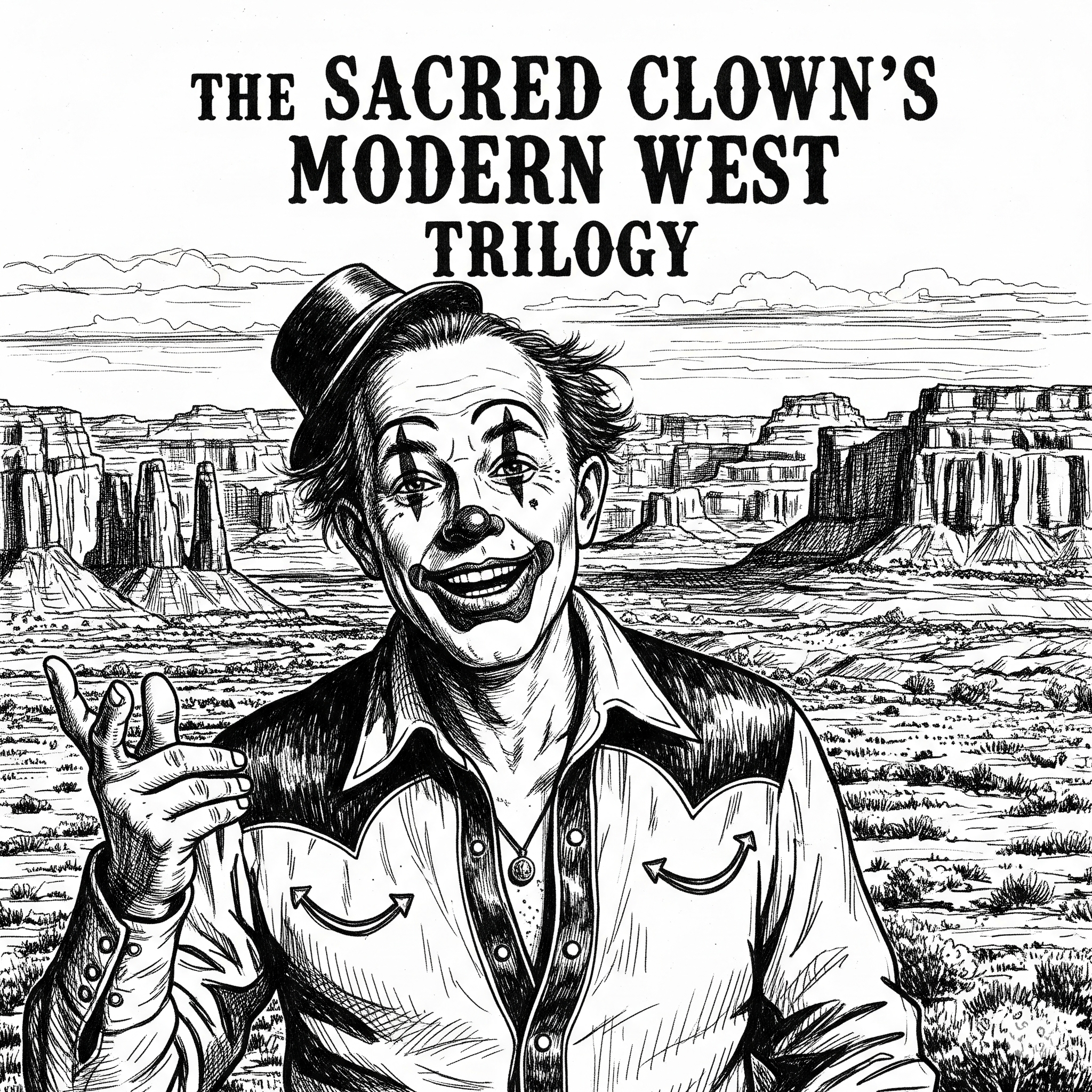-
Hello world!
Richard “Rick” A. Voorhees — Author & Mythbusters
Satire is more than humor. It’s funny, for sure, and provides us comic relief. But, it also knows a thing or two about being human. We live in a World that runs on extreme all-or-nothing thinking. People are all good or all bad. Ideas, when they arise, are even more liable to the more all good or all bad with little effort to look under the hood or to even kick the tires. It may be that we’ve lost our ability to calibrate shades of grey.
Satire has no pretensions that it will save the World. It does have useful qualities that can staunch the bleeding, however. It is grist for a checklist ensuring one’s survival by identifying the low living among. For example, individuals running from humor have most often succumbed to a cult. Wise people adjust their social needs accordingly. Intolerance of life’s abundant contradictions and overriding need to simplify what should be complex thoughts with sentences with no beginning and no ending, littered with one- and two-syllable words is another checkpoint. Taking pity on one’s lazy or misshapen cortex is endemic. But, such utterances can be fairly interpreted as evidence of psychosis or perhaps other forms of maladjustment. Lack of a playful mind and an absence of morals are other boxes to check. Never let a rabbit carry your carrots.
It requires more than just humor to appreciate. It takes a mind that isn’t cowed by contradictions. It’s the opposite of “must-be-good, must-be-bad” thinking that marks the time the we now live. When I studied in decades ago . That is what I was told decades ago as a college sophomore. I was sucked right in satire’s undertow and as I remember it not just by the humor. Something anti-establishment was also afoot. It was a vehicle for seeing things clearly, for seeing contradiction as a gift, not a call to take sides. and all. , but . Sharp Observation – Satirists see what others miss or ignore. They recognize contradictions and absurdities in real life.
2. Courage – Satire often challenges authority, power, or popular opinions. It can make people uncomfortable—and that’s often the goal.
3. Intellectual Playfulness – Satire relies on wit, subtlety, and double meaning. It takes joy in wordplay, irony, and creative critique.
4. Moral Vision – Even when it’s irreverent or outrageous, satire usually comes from a deep sense of what’s wrong and what could be better.
5. Emotional Balance – Satirists must keep their cool. Too much anger or bitterness might turn the work into a rant instead of insight.
Is Satire on the Downslope Today?
That depends on how you define “downslope.”
• 📉 In Literary Fiction? Possibly. Mainstream publishing leans toward realism or fantasy genres, and satirical novels don’t often top bestseller lists. They tend to be niche, layered, and require engaged readers—which doesn’t always suit a surface-skimming digital age.. To my eyes, satire seems to be heading to the down slope. It takes a We can change that, of course, but it’ll take effort.
Who is the Pecos Poet?
Richard A. (Rick) Voorhees is an American writer whose sharp wit, spiritual vision, and mythic imagination converge in stories that transcend genre boundaries.
Abandoning his former incarnation as an award winning author in higher education, his energies are used to explore the human predicament with mythopoeic stories based in the modern West. His first novel weaves Indigenous deities, Norse gods, spiritual archetypes, and trickster figures into a satirical narratives set in the contemporary American West.
With deft humor and metafictional flair, works like The Sacred Clown’s Modern West Trilogy employ a self-aware narrator who breaks the fourth wall, rewriting myth and history with irreverent depth. Voorhees was raised and still considers home the Standing Rock, Rosebud, and Fort Berthold reservations in the Dakotas. The latter is the setting for Rez Ball Gods, the first story in the trilogy which traces the true theft of a championship trophy from its rightful owners, a sixty year oddesey of politics and mendacity during which the best land in North Dakota is flooded to make way for rural electrification. His experience includes a childhood full of basketball, dance celebrations, and lifelong friends in the homelands.
Early reviews of his work suggest that Voorhees can sketch dialogue like a screenwriter, map mythic frameworks like a lexicographer, and frame satire like a seasoned essayist. Rick Voorhees is the rare storyteller equally fascinated by linguistic nuance, spiritual archetype, and institutional absurdity—whether it’s government, corporate, or cosmic. In his trilogy, these threads converge into irreverent mythic satire that confronts colonialism, bureaucracy, politics, and spiritual hollowness.
Here’s the cover for my new novel, The Scared Clown’s Modern West Trilogy. It comes in three irreverent, mythical, and satirical servings to critique cultural, political, and spiritual power structures in the modern West. You’ll also hopefully feast on elements of US political and historical fiction, and a direct challenge to the longstanding myths of the American West.
New chapters are released here and on Substack every Friday. Please consider signing up for free delivery to your email on via Substack: substack.com/@pecospoet.

Designed with WordPress